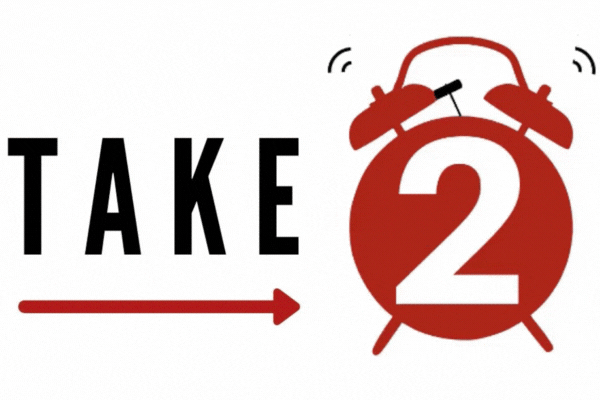
Sophomores, juniors and seniors will be taking one route to graduation but this years’ freshmen will be taking a different road. The passage of House Bill 5 reduces the number of End-of-Course exams, while requiring students to choose an endorsement area that provides a framework for the courses a student will need in order to graduate. Although HB5 provides the minimum requirements for high school graduation, individual school districts have the autonomy to make their curriculum more rigorous.
“With what the state has put together, it’s very similar to what already takes place,” principal Chris Mayfield said. “The focus the state has done that is different is they have kind of looked at high school almost like college from the standpoint that students have kind of a major in high school or a focus of their study. So, if you are interested in health science there’s a pathway for the student who wants to do the health science program. Kind of like in college how you have a major, you are going to get all of your basic requirements and then you have your major.”
Lovejoy ISD created a committee to determine what the district’s requirements would be for each endorsement. Consisting of the high school counselors, Assistant Superintendent Dennis Womack and members of the Board of Trustees, the committee created the requirements needed to earn the endorsements, with some of the endorsements designed to be harder to achieve.
“There was a lot of debate about whether every student should earn an endorsement,” Board of Trustees member Scott Christiansen said. “I’m more on the side of not every student should get a trophy, not every student should get an endorsement. It should be something that’s hard to get, that they have to earn.”
Students can qualify for an unlimited number of endorsements and earn a cord at graduation for each.
“With most students [in the district] already being so involved, endorsements are just another thing for them to have under their belt, another thing they can add to college applications,” superintendent Ted Moore said.
While endorsements will certainly be a part of a student’s college applications, they will probably not have a major effect on students’ college admissions.
“Let’s say for example a student wants to be a business major, and they have a business endorsement, it might help to reinforce that they’ve been taking classes to build their business strength, so it might help in that aspect,” college counselor Randy Trevino said. “But if a student lists business as a prospective major and has a different endorsement, at this point at least, I don’t see it affecting college admission. [Colleges] outside of Texas aren’t even going to pay much attention to it anyways.”
With the school year barely underway, the new graduation plan hasn’t hit home with many freshmen.
“I didn’t think about [endorsements] too much when I picked classes,” freshman Katie Strand said. “I didn’t really try to earn one, I’m going to take the classes I would have with or without endorsements.”






















